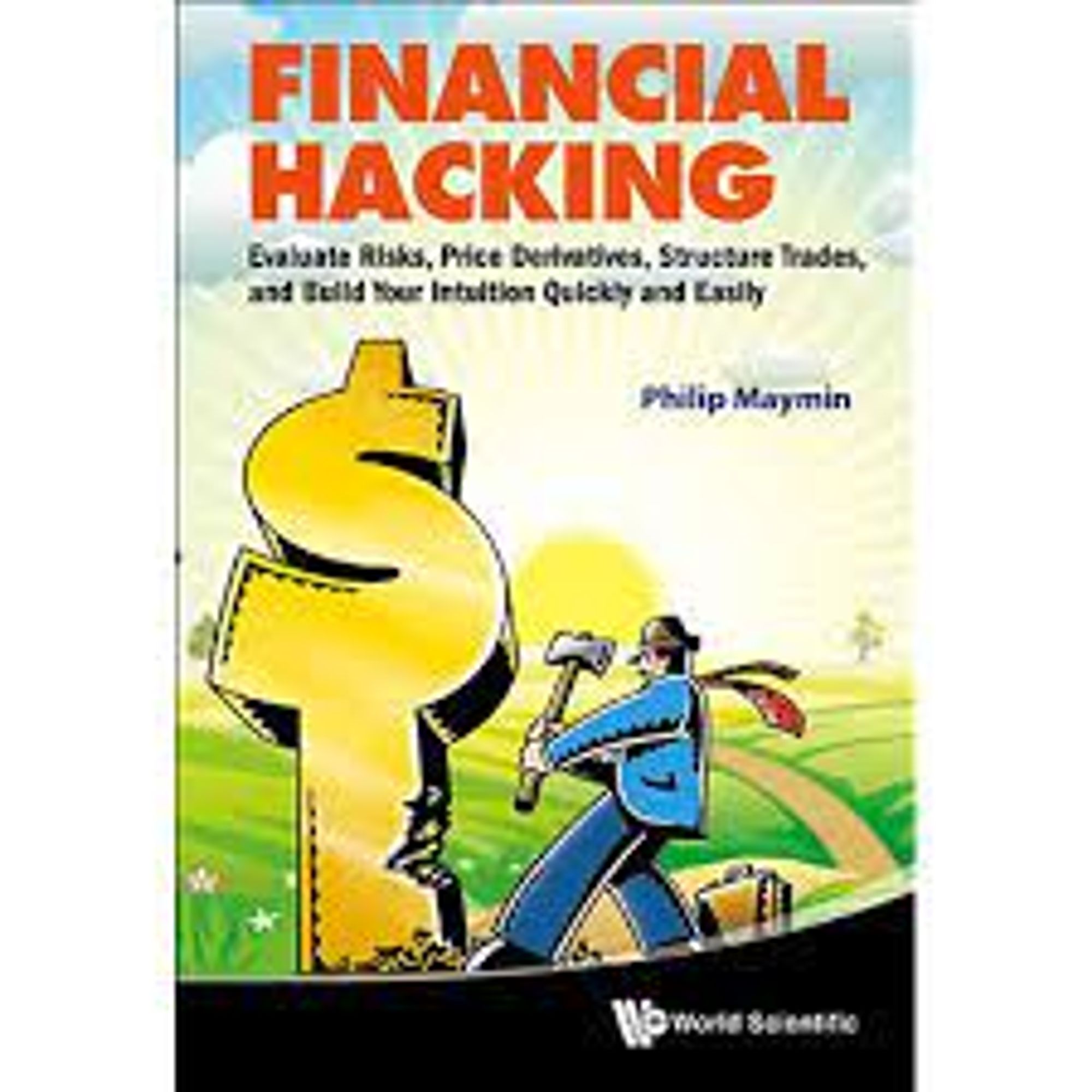Kris: I believe anyone can learn to trade with he right tutelage. But this is true of many things and the more relevant question is “how difficult would it be to get person X up to some basic standard?”. And I think, at least for discretionary trading, the person’s temperament requires being able to live with loose ends, with epistemic uncertainty, with conflict. You can’t be paralyzed by paradox. Mayim captures this:
Hillel answered, and his response encoded what has come to be known as the golden rule: “What is hateful to you, do not do unto others. This is the whole Torah; the rest is commentary. Now go and study.” There are three important aspects here. First, the real Golden Rule of Hillel is not what you might usually think. He does not say to treat others as you would like them to treat you. Instead, he says to refrain from treating others as you would not like them to treat you. It is the difference between a command to do good and a command to abstain from evil. It is impossible to fulfill the duty to do good; one can always do more, and the goodness itself subjectively depends on others. But it is possible to fulfill the duty to abstain from evil: one can simply not hurt others, and the harm, if done, is more objectively noticeable. Second, Hillel's wisdom frames all ethical knowledge and teachings around this simple principle. In this way, when details begin to confuse, as they always tend to do, one can retreat to the big picture to see how it all fits in. If Hillel were a trader today, and a non-trader were to ask him to teach him all there is about financial hacking while standing on one foot, I imagine Hillel might answer something like this: “Accumulate risks that are hateful to others; dispose of risks that are hateful to you. That is the whole of financial hacking; the rest is commentary. Now go and trade.” As profound as that may sound, the key part of the golden rule of financial hacking is not the first sentence, nor the second, nor the third; it is the semicolon. That semicolon is the epitome of financial hacking. It takes two somewhat related concepts and joins them together in an uneasy alliance that is not quite as tight-knit as a comma and not quite as arms-length as a period; not quite as together as with an “and” and not quite as opposite as with a “but.” In our world, these two somewhat related concepts are fundamentally related yet relatively mispriced assets; the semicolon is the trade. It is all well and good to say these two assets ought to have the same price; how do you do actually do it? [“Here is a lesson in creative writing. First rule: Do not use semicolons. They are transvestite hermaphrodites representing absolutely nothing. All they do is show you've been to college.” Kurt Vonnegut]
